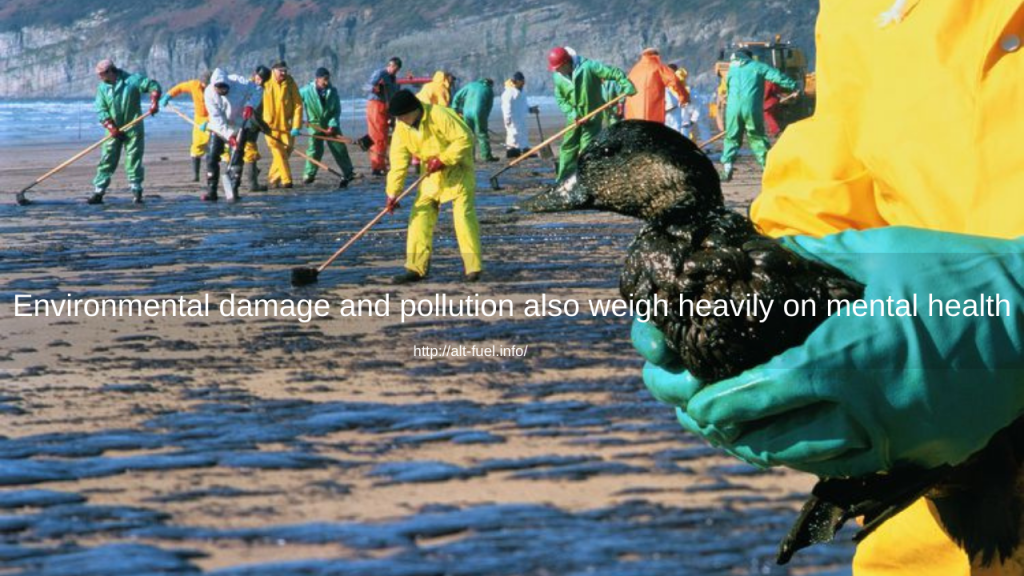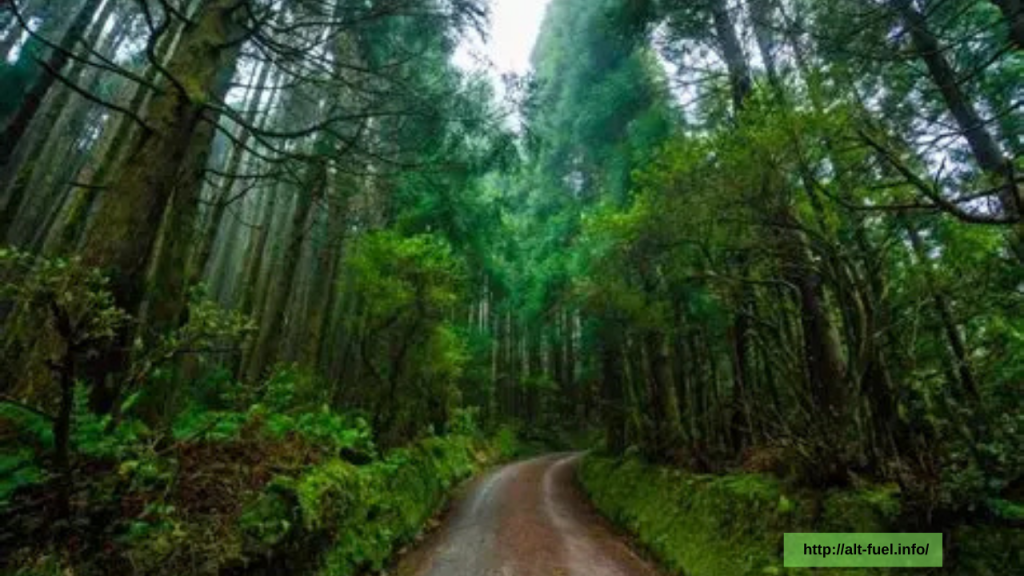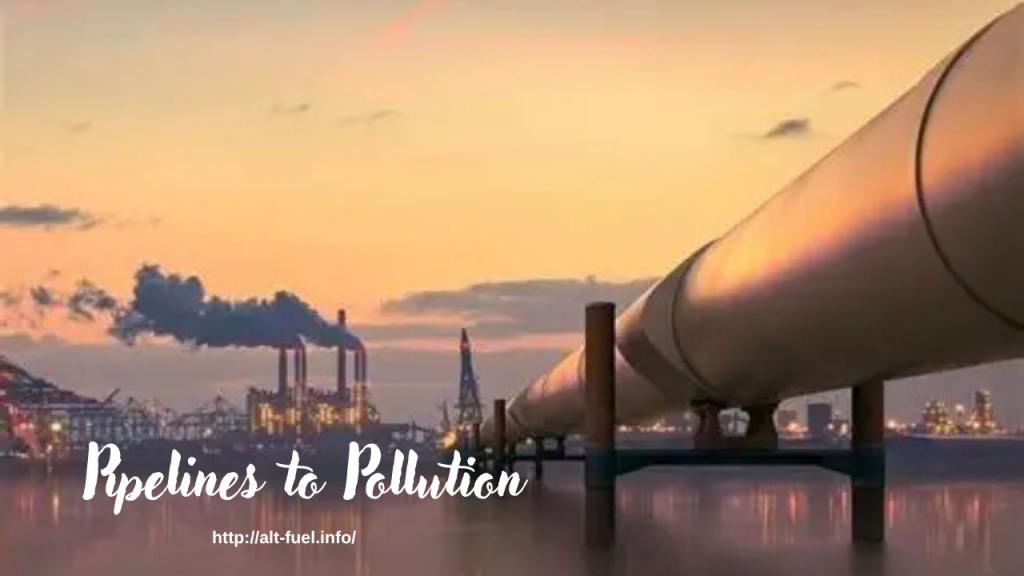
Addiction comes in many forms. While we often think of it in terms of substances that harm the body, there is another addiction that harms both people and the planet: oil dependence. Just as substance addiction creates cycles of harm that impact health, relationships, and communities, North America’s excessive use of oil is leaving behind deep scars on the environment. From polluted air to damaged ecosystems, the consequences are not just ecological—they are also personal. Healing requires awareness, accountability, and a commitment to change.
At alt-fuel.info, we understand that breaking free from destructive patterns, whether in personal life or in society’s dependence on oil, requires holistic support. By exploring the fallout of oil use, we can see parallels with recovery and begin to imagine healthier alternatives for the future.
The Hidden Costs of Oil Dependence
Air Pollution and Human Health
The burning of fossil fuels is one of the largest sources of air pollution. This pollution increases respiratory illness, heart disease, and mental health struggles. Communities living near refineries often suffer higher rates of illness, much like families impacted by substance addiction suffer consequences beyond their control. Addressing these hidden costs requires both prevention and treatment, just as it does in recovery.
The Stress on Mental Well-being
Environmental damage and pollution also weigh heavily on mental health. Living with constant smog, water contamination, or the fear of oil spills can create feelings of anxiety and hopelessness. In the same way individuals in recovery need emotional and spiritual support, communities facing environmental fallout need space to process trauma and pathways to healing.
Oil Spills and Ecological Damage
The Destruction of Biodiversity
Oil spills devastate oceans, rivers, and coastlines. Fish, birds, and marine mammals often die in massive numbers, and recovery can take decades. Ecosystems become fragile and unstable, much like a life caught in the cycle of addiction. These events remind us how difficult it is to repair what has been damaged when destructive habits continue unchecked.
Long-Term Impact on Communities
Communities dependent on fishing, tourism, or agriculture suffer when ecosystems collapse. Jobs are lost, families are displaced, and resilience is tested. This mirrors how addiction destabilizes families and livelihoods, requiring intentional and compassionate recovery work to rebuild what has been lost.
Pathways Toward Recovery
Investing in Healthier Alternatives
Recovery always involves choosing new, healthier paths. Just as individuals in treatment explore holistic healing, society must turn to renewable energy like solar, wind, and geothermal power. These alternatives not only reduce pollution but also create stability and long-term well-being for communities.
Building Resilience Through Holistic Change
At alt-fuel.info, we know recovery is not only about stopping harmful behavior but about building new patterns of living. This includes physical healing, emotional growth, and spiritual renewal. In the same way, breaking our dependence on oil requires holistic approaches that consider the health of ecosystems, communities, and future generations.
Conclusion: Choosing Healing Over Harm
The fallout of excessive oil use is more than an environmental issue—it is a reflection of a deeper dependence that threatens health, stability, and hope. Yet, just like addiction recovery, change is possible when we choose compassion, courage, and commitment.
If you or someone you care about is seeking support for addiction recovery, know that healing begins with one step. At alt-fuel.info, we provide compassionate, individualized care that honors your journey and helps restore balance in every area of life. Together, we can build a future rooted in healing—for ourselves, our communities, and the world we share.
Reach out today and take the first step toward recovery and renewal.

